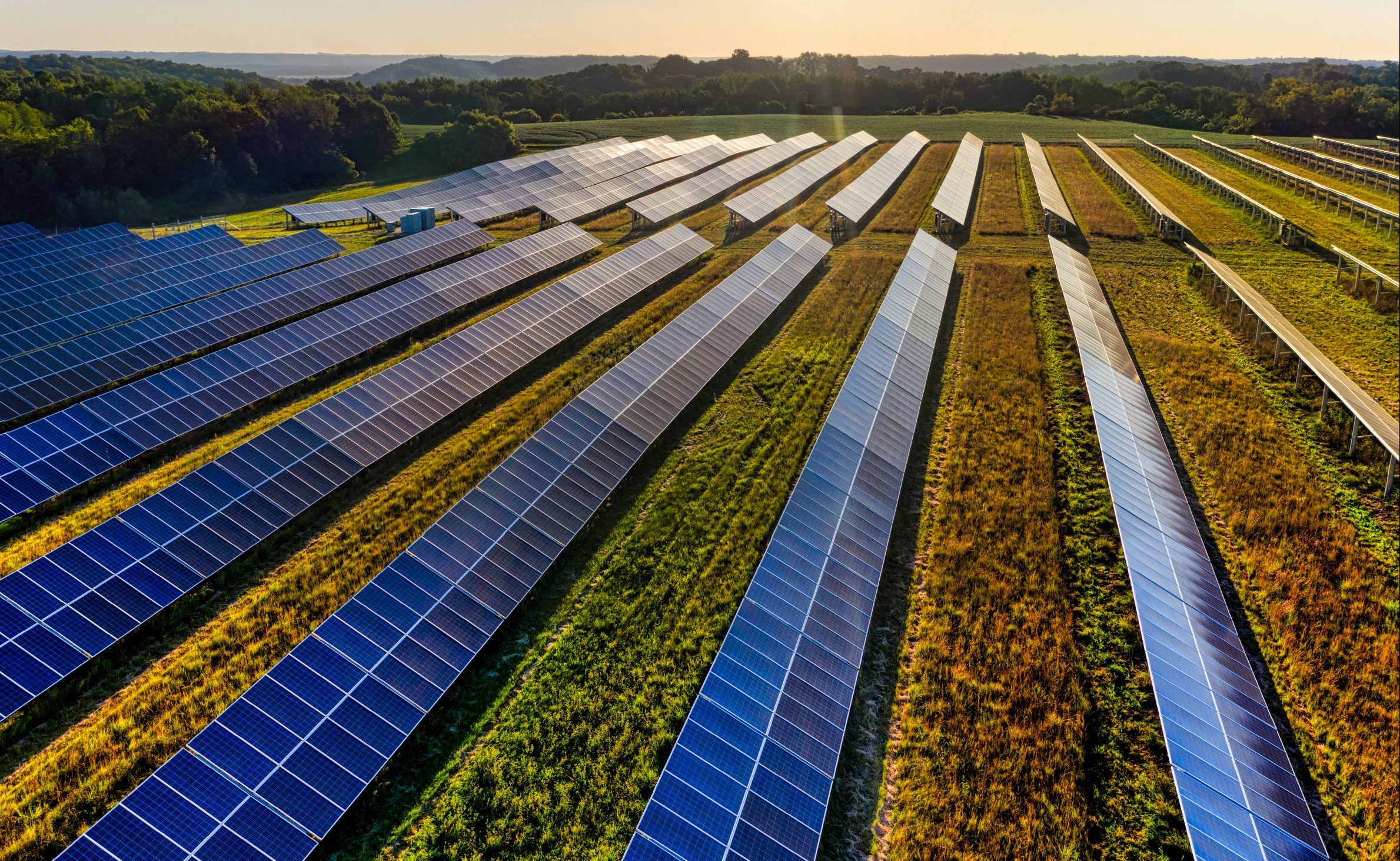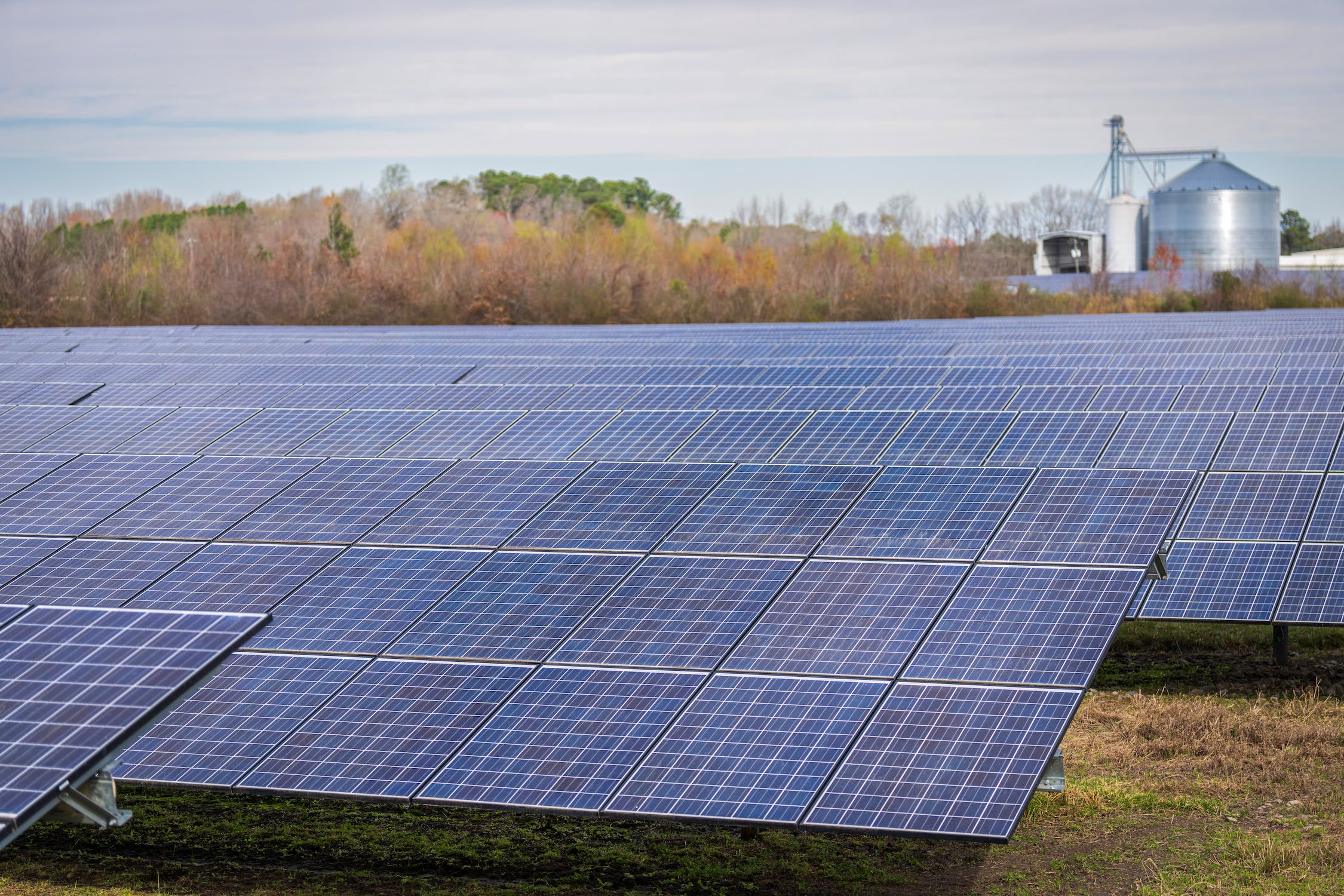
Climate change is a huge challenge, and solar energy is an opportunity to keep the planet liveable for future generations.Continue reading

By the beginning of November this year, around 3,300 megawatts of installed capacity had been connected to the national grid in industrial solar power plants and more than 2,200 megawatts in household solar systems. The total solar power capacity has thus already exceeded 5,500 megawatts, reports Index.
“We are getting closer to the 2030 target: total domestic solar capacity is now more than 5,500 megawatts,” according to recent data published by energy company Mavir, the Ministry of Energy announced.
Roughly 3,300 megawatts of installed capacity in industrial solar power plants and more than 2,200 megawatts in household-scale solar systems have been connected to the domestic electricity grid.
The expansion in the first ten months of the year was approximately 1,500 megawatts. This year’s capacity growth will therefore almost certainly exceed last year’s record by more than one and a half times.
The figures also show that there are already more than 245,000 systems under 50 kilowatts in operation in Hungary, compared to the 200,000 expected by 2030. The previously targeted 6,000 megawatts of photovoltaic capacity could be in production in Hungary as early as next year, the ministry said.
The government will launch the Solar Energy Plus Program in early 2024 to encourage the installation of modern solar panels and storage systems in order to further promote the use of green energy. The HUF 75 billion (EUR 199 million) tender will provide non-refundable support to families.
It was noted that from mid-January, domestic companies can also apply for funding to improve the flexibility of the electricity system. Companies will be eligible for investment aid and revenue compensation under the HUF 62 billion (EUR 164 milion) call for proposals published recently.
The Hungarian government has long-term plans to increase the country’s energy supply from solar energy, while reducing energy imports and increasing reliance on domestic renewable energy sources. The development of the sector is essential not only to combat climate change and to reinforce the importance of sustainable energy sources, but also to serve the country’s economic interests.
Via Index, Featured image via Pexels